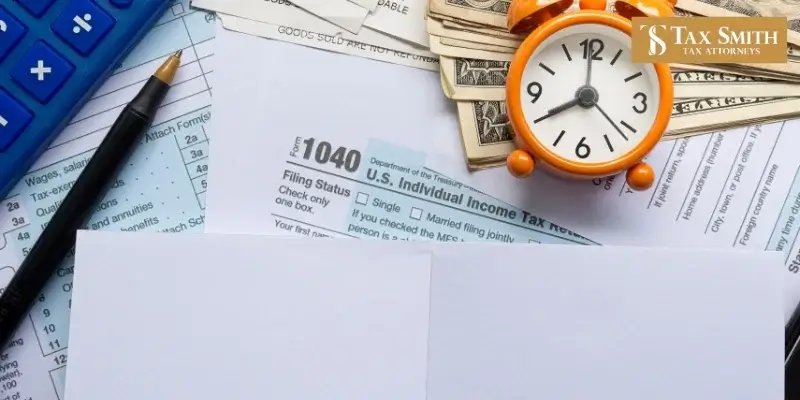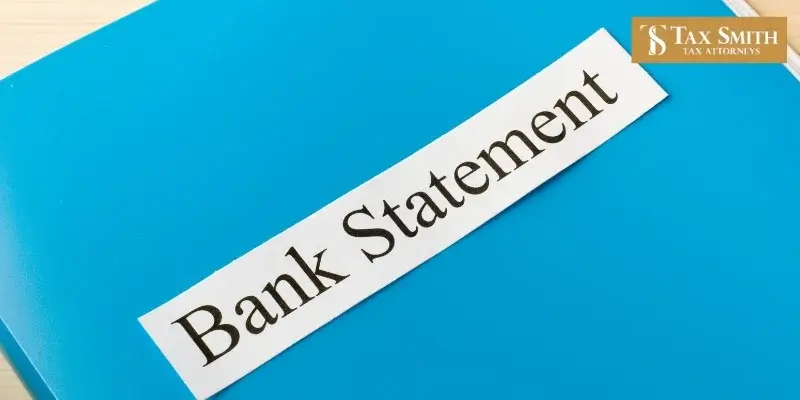1548 The Greens Way – Ste. 4 Jacksonville Beach FL 32250
Pensacola Bank Levy Lawyer
Pensacola Bank Levy Attorney
Being notified of a bank levy can be very emotional and frustrating. You have time to take action; if you don’t, your account will be frozen and the money removed. This can cause severe financial difficulties. A Pensacola bank levy lawyer can examine your options for addressing the levy and determine how you can resolve your tax debt.
Bank levies can be placed by many creditors with court approval. The Internal Revenue Service (IRS) can place levies without asking the court first.
More than 21 million tax returns and other forms were filed with the IRS in Florida in the 2023 fiscal year. If you did not file your tax return or underpaid your tax obligation, you are assessed penalties. If you fail to pay the tax and penalties, those penalties and the interest will only grow as time passes. The IRS will eventually take collection actions, including implementing a bank levy.

TaxSmith, LLC: Addressing IRS Collection Actions in Pensacola
IRS collection actions include liens, wage garnishment, bank levies, and more. Bank levies are one of the most serious, as they can result in quick and significant financial loss. At TaxSmith, LLC, we have decades of legal experience in navigating the tax codes. We have supported many businesses and individual taxpayers throughout our communities.
Dealing with the IRS can be very stressful, especially in the face of financial loss. When you hire our firm, we work diligently to explore your options for addressing your tax debt. We can determine what fits your financial and personal situation. We can also represent you in dealings with the IRS, such as negotiations.
The Basics of a Bank Levy
A bank levy is an action the IRS and other creditors can take to remove the amount of your debt directly from your bank account. Prior to removing the funds, your bank account will be frozen for a period of time, preventing you from accessing any money to pay for you and your family’s needs.
A bank levy is not the first action the IRS will take. First, the agency will send notices of non-payment, requesting the unpaid tax debt as well as its penalties and interest. If you do not respond or refuse to pay the tax debt, then you could face collection actions, including a bank levy. You could also face a levy if you negotiated a payment plan with the IRS and then failed to follow through. The IRS is more likely to implement a bank levy if your debt is significant.
When you work with an experienced attorney, they can negotiate with the IRS and potentially avoid the consequences of a bank levy. The nearest Taxpayer Assistance Center is located in Pensacola, at 7180 9th Avenue North, about 6.2 miles from the center of Pensacola. An attorney can represent you in discussions with the IRS.
What Can You Do to Avoid a Bank Levy?
Settling your debt or avoiding debt in the first place is effective in preventing a bank levy. When you already have debt and cannot financially pay it, however, there are other options. Some potential options to negotiate an IRS bank levy include:
- Penalty abatement: If penalties were accrued and there was a reasonable cause for them, or you qualify for the first-time penalty abatement, you could have penalties and interest removed. This can significantly lower the debt you owe.
- Installment agreement: You can pay off the entirety of your tax debt over a longer period of time through this agreement. It is a useful option for those on a fixed monthly budget.
- Offer in compromise: This option settles your entire tax debt for a lesser amount. These can be difficult to get, but they are very useful if you qualify and are accepted. The IRS received 30,163 offers in compromise from taxpayers in the fiscal year 2023. 42.14% of those offers were accepted.
An attorney can guide you through these measures as well as other options, like bankruptcy.

FAQs About Pensacola, FL Bank Levy Law
Will a Payment Plan Stop a Levy?
A payment plan may stop a levy. If you get in contact with a creditor, you could negotiate alternatives to the bank levy. When the creditor is the IRS, the agency is willing to negotiate your tax debt payments if paying the full amount would create a financial hardship for you. In fiscal year 2023, the IRS assisted over 60 million taxpayers. Working with an experienced attorney is crucial for navigating these negotiations successfully.
How Long Does a Levy Stay on Your Bank Account?
A levy does not stay on your bank account for long. When it is removed, though, the funds in your account are also removed. If the levy was placed by the IRS, then you have 21 days from the date the levy becomes active. If you ignore the levy, then you will lose the funds in your bank account. If the money isn’t enough to cover your whole debt, you may face levies on other accounts or endure other collection actions.
What Is the Levy Fee?
A levy fee may be charged by your bank for the time and work of processing a creditor bank levy on your account. There is no set fee that all banks charge for this. Some banks may not charge anything. Discuss levy fees with your bank to learn their specific policies and fees. The amount of the levy itself will depend on the liability you owe, as well as any penalties or accumulated interest.
How Do You Fight a Bank Levy?
You can most efficiently fight a bank levy by paying the entire debt that you owe to the creditor who placed the levy. This will result in the release of the levy once the payment is processed. You could also fight the levy by negotiating with the creditor for an alternate way to pay back your debt, such as a payment plan over time, if you cannot pay the debt in full.
Dedicated and Straightforward Legal Counsel for a Bank Levy
The IRS is a government agency with a lot of power and resources. When you work with an attorney, you can better protect your rights and financial needs. It can be financially and personally stressful to deal with a bank levy, but TaxSmith, LLC, can navigate this situation. Contact our firm today to learn what we can do to help you with your tax liability.
Locations We Serve
- Alabama
- Arizona
- California
- Colorado
- Connecticut
- Delaware
- District of Columbia
- Florida – HQ
- Georgia
- Idaho
- Illinois
- Indiana
REQUEST A CONSULTATION
Please fill out the Contact Request Form and a Tax Attorney/Paralegal will call you
to discuss legal representation or to schedule your free initial consultation





